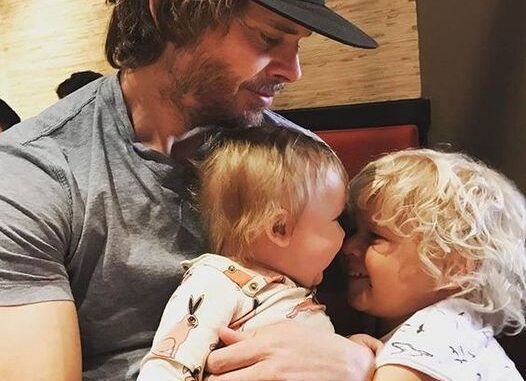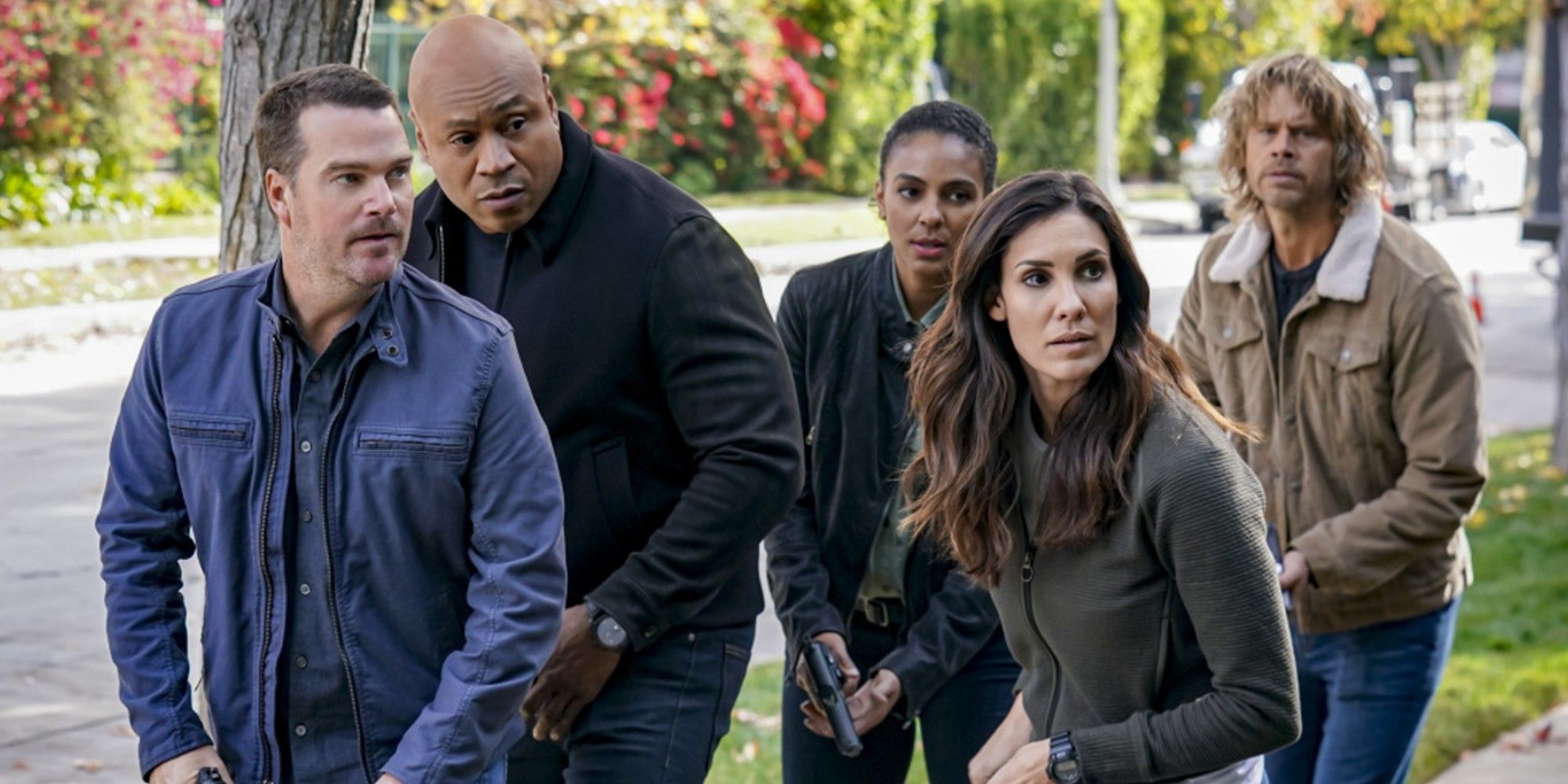
In a recent interview, NCIS: Los Angeles star Daniela Ruah shared insights into her character Kensi Blye’s ongoing fertility journey, emphasizing the significance of depicting this experience on television. As she prepared for the episode titled “Live Free or Die Standing,” Ruah noted that her lighter presence in earlier episodes allowed new cast members to shine, showcasing their talents while she directed.
Ruah explained that directing newer actors, like Medalion Rahimi and Caleb Castille, presented a different dynamic compared to working with established stars. “They’re eager to learn and grow,” she remarked, highlighting the challenges unique to the show’s format, particularly the dialogue-heavy scenes that lack emotional action.
As the season progresses, Kensi and her partner, Deeks, portrayed by Eric Christian Olsen, continue to navigate their fertility struggles. Ruah emphasized the authenticity she aimed to bring to this storyline, drawing from the experiences of close friends who faced similar challenges. “This journey reflects the reality for many couples,” she noted, acknowledging the emotional highs and lows that accompany it.
Currently, Kensi and Deeks are exploring foster care options after coming to terms with the likelihood of not conceiving. Ruah teased that future episodes would delve deeper into this theme, incorporating characters the audience may already know.
Ruah, a mother of two in real life, understands the complexities of balancing motherhood with personal identity. “I relate to Kensi’s struggle to maintain her professional life while desiring to be a dedicated mother,” she shared. This duality is further complicated in the context of Kensi’s role as an NCIS agent, where danger is a constant reality.
The actress pointed out that while it’s essential to portray the challenges of motherhood and career on screen, it’s equally important to respect individual choices regarding family planning. “Every woman’s journey is unique,” she said. By tackling infertility and the need for loving homes for children, the show opens up important conversations about family and societal expectations.
In her closing thoughts, Ruah expressed pride in the show’s ability to address these complex themes while resonating with many viewers’ real-life experiences. The storyline not only reflects personal struggles but also shines a light on broader social issues, making it a meaningful addition to the procedural landscape
